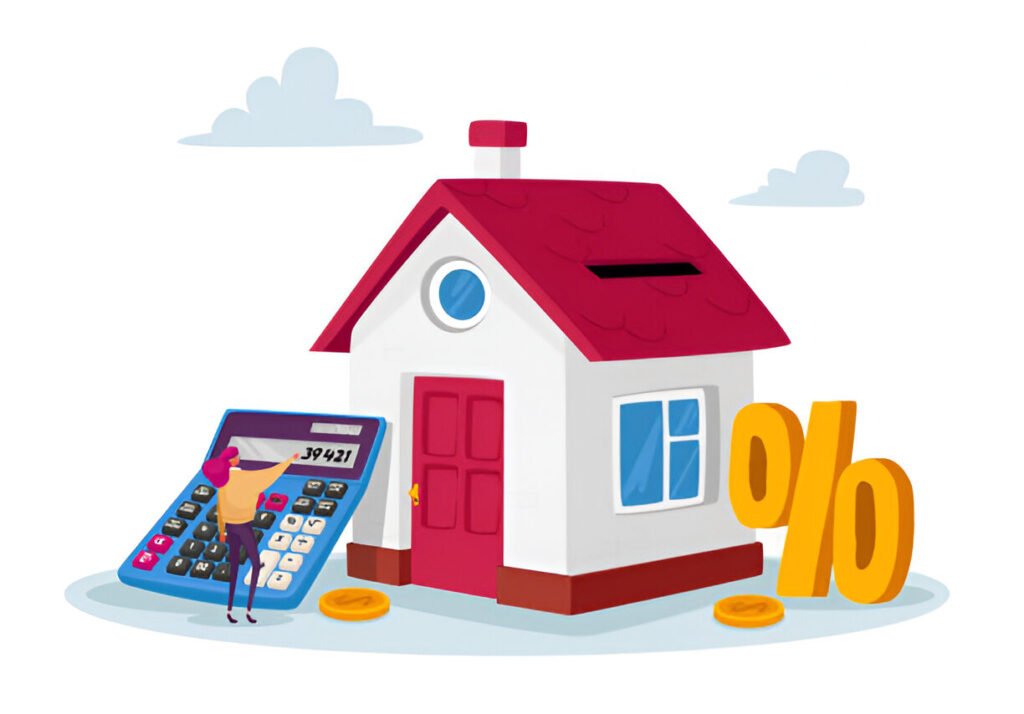Buying your first home is an exciting milestone, but navigating the world of mortgages can feel overwhelming. With the right knowledge and preparation, you can secure a home loan that fits your budget and sets you up for long-term financial success.
Understanding Your Mortgage Options
As a first-time homebuyer, you have several loan options to consider. Conventional loans typically require a credit score of 620 or higher and a down payment of at least 3%. FHA loans, backed by the Federal Housing Administration, are more forgiving with credit requirements and allow down payments as low as 3.5%. VA loans for veterans and USDA loans for rural properties may offer 100% financing with no down payment required.
Boost Your Credit Score First
Your credit score significantly impacts your mortgage rate and approval odds. Start improving your score at least six months before applying by paying all bills on time, reducing credit card balances, and avoiding new credit applications. Request your free credit reports to check for errors that could be hurting your score.
Save for a Larger Down Payment
While low down payment options exist, putting more money down can lower your monthly payments and help you avoid private mortgage insurance (PMI). Aim to save at least 20% of your target home price, plus extra for closing costs and emergency reserves. Look into down payment assistance programs available in your area.
Get Your Documentation Ready
Lenders will scrutinize your finances thoroughly. Gather recent pay stubs, W-2s, tax returns, bank statements, and information about your assets and debts. Being organized speeds up the process and demonstrates your reliability as a borrower.
Shop Around for the Best Rate
Don’t accept the first mortgage offer you receive. Research multiple lenders, including banks, credit unions, and online lenders. Compare interest rates, closing costs, and loan terms. Even a seemingly small difference in rates can save you thousands over the life of your loan.
Consider First-Time Homebuyer Programs
Many state and local agencies offer special programs for first-time buyers, including down payment assistance, closing cost help, and favorable loan terms. Research programs in your area and check if you qualify. Some programs have income limits or require homebuyer education courses.
Lock In Your Rate
Once you find a competitive rate, consider locking it in. Rate locks typically last 30-60 days and protect you if rates rise while you complete the homebuying process. Discuss timing with your lender, as locking too early or late could cost you.
Understand the Total Cost
Look beyond the monthly payment when evaluating loans. Consider property taxes, homeowners insurance, possible PMI, maintenance costs, and HOA fees if applicable. Make sure the total housing cost fits comfortably within your budget, leaving room for other financial goals.
Avoid Common Mistakes
Don’t make major purchases or apply for new credit while seeking a mortgage, as this can impact your approval. Stay at your current job if possible, as changing employment during the process can raise red flags. Be honest about your finances – undisclosed debts or assets can derail your application.
Work with Trusted Professionals
Partner with an experienced real estate agent and loan officer who can guide you through the process. Ask friends and family for recommendations, read reviews, and interview multiple professionals to find the right fit. A knowledgeable team can help you avoid pitfalls and negotiate better terms.
FAQ
Q: How much income do I need to qualify for a mortgage?
A: Lenders typically prefer that your monthly mortgage payment and other debt payments don’t exceed 43% of your gross monthly income. However, some loan programs may allow higher debt-to-income ratios. Your required income will depend on the home price, down payment, and other factors.
Q: Can I buy a home with bad credit?
A: While it’s possible to get approved with less-than-perfect credit, you’ll likely face higher interest rates and stricter requirements. FHA loans accept scores as low as 580 with a 3.5% down payment, or 500 with 10% down. Consider working to improve your credit before applying to secure better terms.
Remember, buying your first home is a significant financial decision that deserves careful consideration. Take time to understand your options, prepare your finances, and work with qualified professionals. With proper planning and research, you can secure a mortgage that helps you achieve your homeownership dreams while maintaining long-term financial stability.
The key is finding the right balance between an affordable monthly payment and favorable loan terms that align with your financial goals. By following these guidelines and staying patient throughout the process, you’ll be better positioned to make informed decisions about your first home loan.


